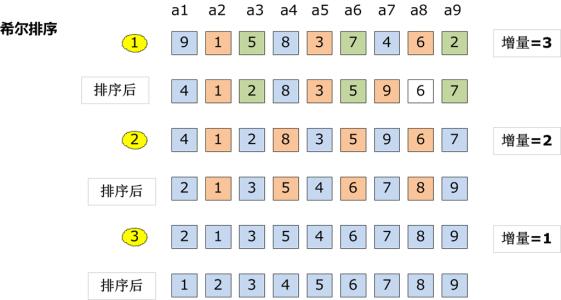The assumption that voters' preferences share some common structure is a standard way to circumvent NP-hardness results in social choice problems. While the Kemeny ranking problem is NP-hard in the general case, it is known to become easy if the preferences are 1-dimensional Euclidean. In this note, we prove that the Kemeny ranking problem remains NP-hard for $k$-dimensional Euclidean preferences with $k\!\ge\!2$ under norms $\ell_1$, $\ell_2$ and $\ell_\infty$, by showing that any weighted tournament (resp. weighted bipartite tournament) with weights of same parity (resp. even weights) is inducible as the weighted majority tournament of a profile of 2-Euclidean preferences under norm $\ell_2$ (resp. $\ell_1,\ell_{\infty}$), computable in polynomial time. More generally, this result regarding weighted tournaments implies, essentially, that hardness results relying on the (weighted) majority tournament that hold in the general case (e.g., NP-hardness of Slater ranking) are still true for 2-dimensional Euclidean preferences.
翻译:选民偏好具有某种共同结构的假设是绕过NP硬度的标准方法,从而导致社会选择问题。 虽然在一般情况下,Kemey排名问题是NP硬的, 但是如果偏爱是一维的, 则众所周知很容易。 在本说明中, 我们证明, Kemey排名问题对于按美元\\\\\\\\\\\\\\\\\\\\\\\\\\\\\\\\\\2美元标准, 以美元为单位的 美元为单位的 e- ecliidean 优先度的 $k$k$- $- $- $- 1, $\\\\\\\\\\\\\\\\\\\\\\\\\\\\ \ $美元为单位的 标准下,仍然很难解决NPNP- blight, 基本上意味着任何加权的(加权) 双联赛的硬性结果, 以2级多数比重( ) princlexlightlight (S- laxial) prial) view prial press press press press prettlight.


